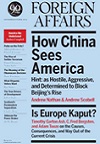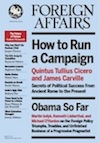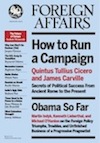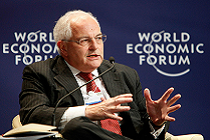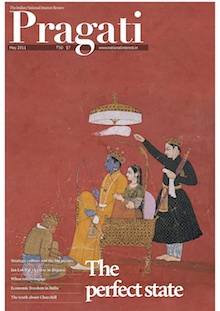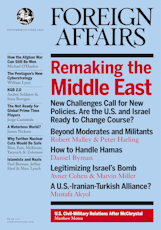Government, Geography, and Growth
Jeffrey D. Sachs argues that the mono-causal analysis of the book, 'Why Nations Fail,’ – that economic development hinges on a country’s political institutions – ignores important factors (such as geography) that can also affect growth.

